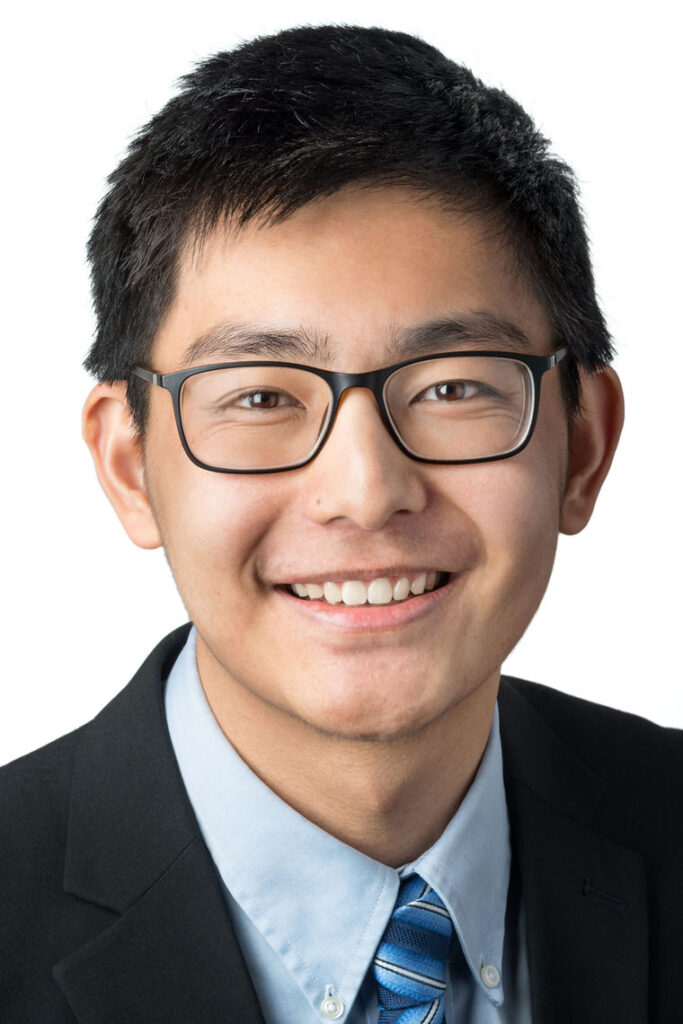
Eric Sun
Paul & Daisy Soros Fellowship awarded in 2020 to pursue a PhD in Biomedical Informatics at Stanford University.
Eric Sun is the child of immigrants from China.
Related Articles
-
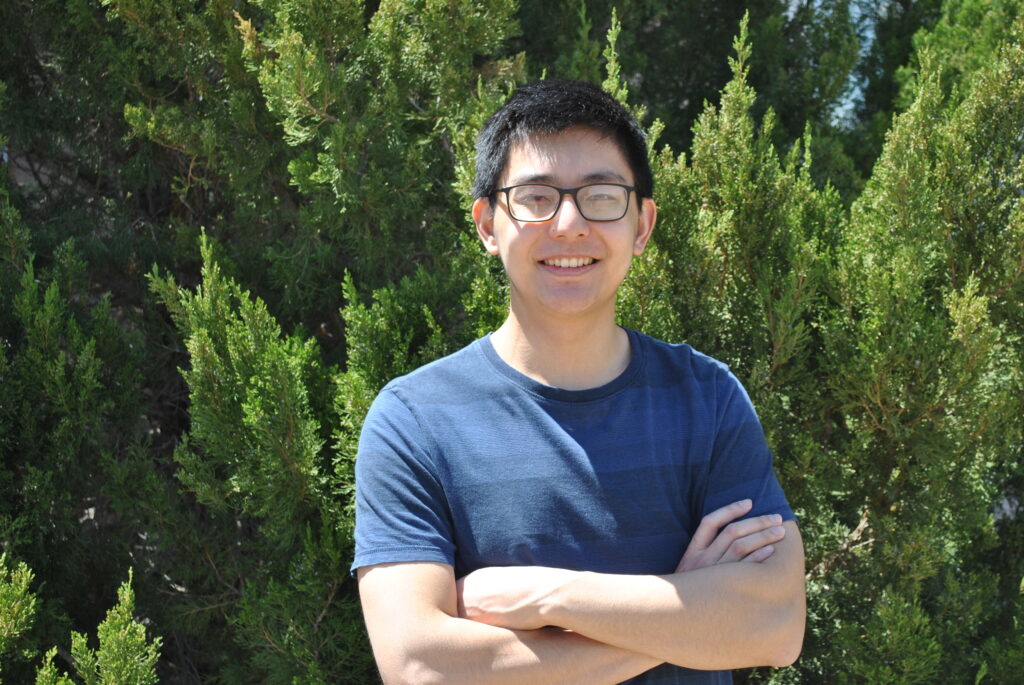 Read more: Looking Back at the Fellowship: Bioinformatics PhD Student Eric Sun
Read more: Looking Back at the Fellowship: Bioinformatics PhD Student Eric Sun- Fellow Highlights
Looking Back at the Fellowship: Bioinformatics PhD Student Eric Sun
Meet More Fellows
-
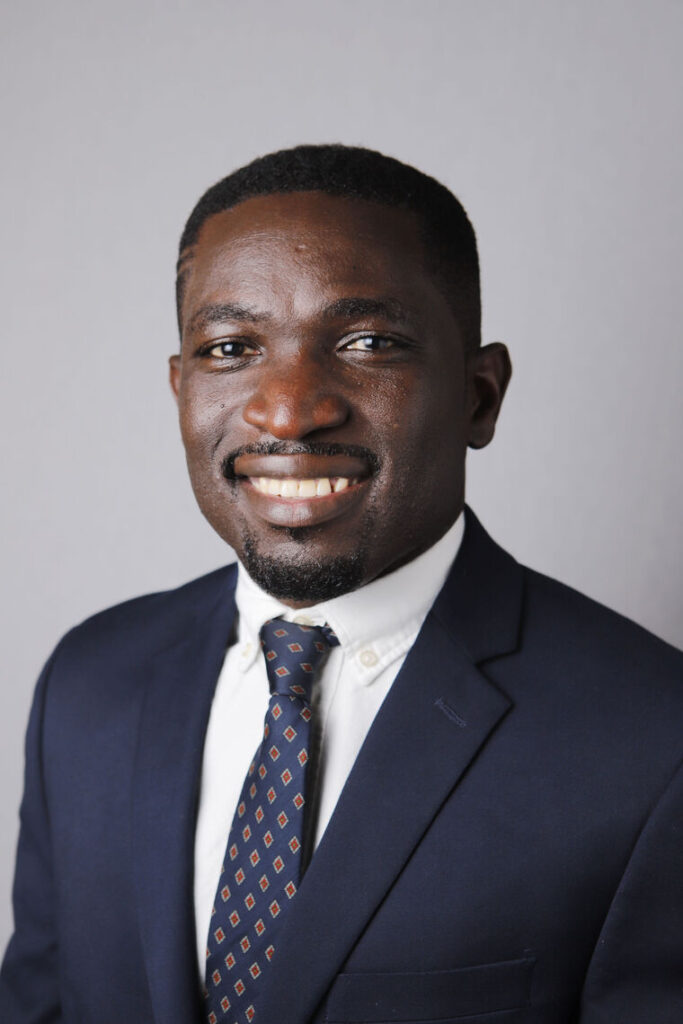
Chidiebere Akusobi
Internal Medicine Resident, Massachusetts General Hospital
Chidiebere Akusobi is an immigrant from Nigeria. Fellowship awarded in 2016 to support work towards an MD in Infectious Disease and a PhD in Infectious Disease at Harvard University
-
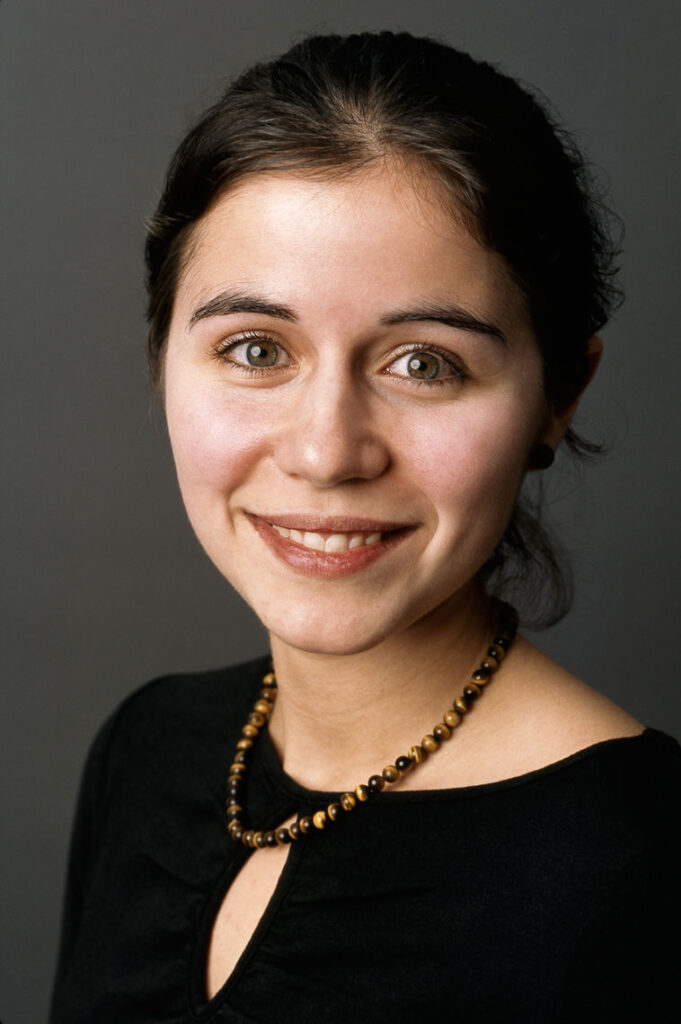
Markella Zanni
Professor of Medicine, Harvard Medical School
Markella Zanni is the child of immigrants from Greece. Fellowship awarded in 2002 to support work towards an MD in Medicine at Harvard University
-

Anita Yang Hsu
Senior Vice President and General Counsel, MBK Real Estate Companies
Anita Yang Hsu is an immigrant from Taiwan. Fellowship awarded in 1998 to support work towards a JD in Law at University of California, Berkeley
-
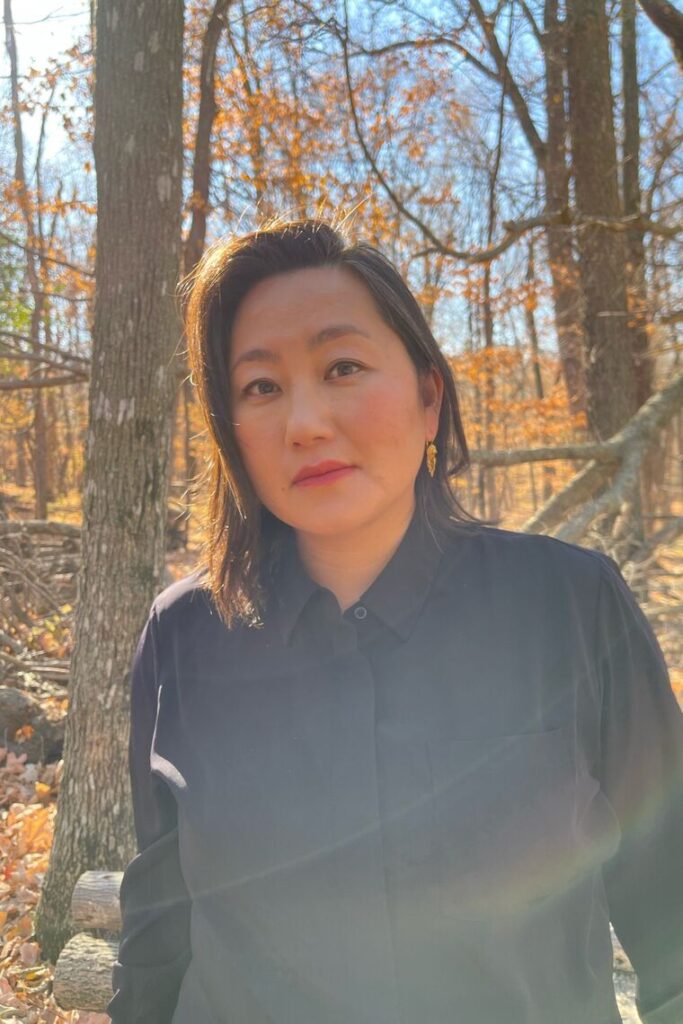
Kao Kalia Yang
Activist & Professor, Author
Kao Kalia Yang is an immigrant from Thailand. Fellowship awarded in 2003 to support work towards an MFA in Creative Writing at Columbia University